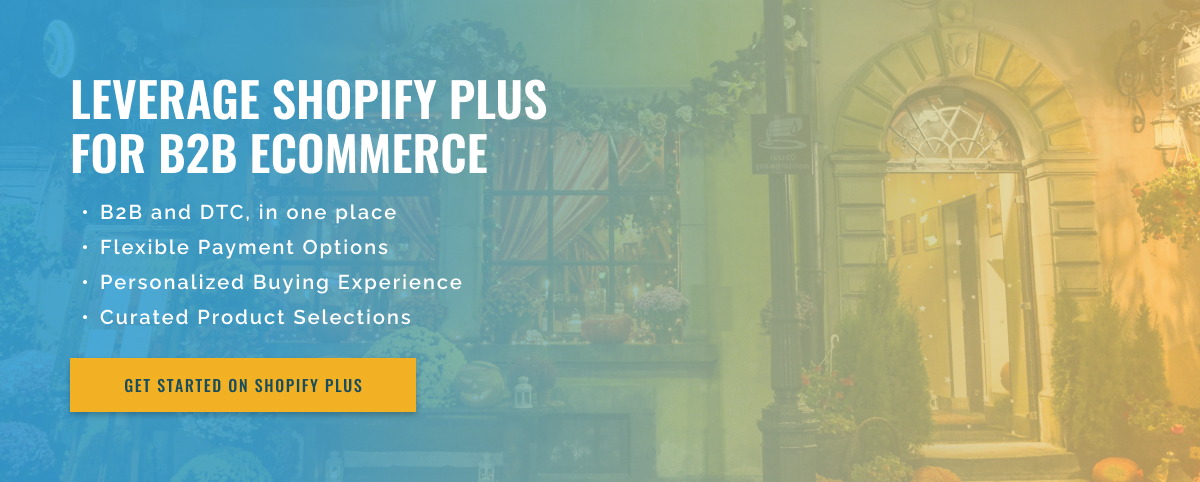3 minute read
Personalized Pricing: B2B Merchants and Shopify API
In today’s dynamic digital landscape, newer technologies and emerging business models are rapidly changing the way traditional B2B sellers interact with their customers. With the rise of eCommerce platforms like Shopify, B2B sellers now have a powerful tool to streamline their online operations and drive growth.
One of the key features of Shopify that has caught the attention of B2B sellers is its robust API that allows for seamless integration with third-party applications and systems. But can B2B sellers use the Shopify API to implement personalized pricing for their customers? The short answer is yes – and it is a breakthrough in the B2B arena.
Let’s break it down.
B2B transactions often involve large orders and complex pricing structures. Additionally, B2B buyers are increasingly comfortable using self-service eCommerce platforms, which means they expect the same level of convenience and personalization as consumers. This is where the Shopify API comes in handy.
Using the API, B2B sellers can implement personalized pricing for their customers, providing them with a tailored pricing structure based on their unique needs. This not only increases the efficiency of the purchasing process, but also helps B2B sellers increase customer satisfaction and loyalty. With personalized pricing, B2B sellers can offer volume discounts, tiered pricing, and even special rates for specific customers. All of this can be managed through the Shopify system, making it easier for sellers to maintain and update prices.
Additionally, the Shopify API also allows for real-time price updates. This means that if a B2B seller needs to adjust their prices due to market changes or run a promotion, they can do so efficiently and without delays. This level of flexibility is crucial for B2B sellers who need to remain competitive in a rapidly changing marketplace.
On top of personalized pricing, Shopify API also enables B2B sellers to provide their customers with a more personalized shopping experience. By integrating with customer relationship management (CRM) and enterprise resource planning (ERP) systems, B2B sellers can provide their customers with a personalized catalog, product recommendations, and even custom order forms. This not only improves the shopping experience, but also increases efficiency and reduces errors in the ordering process.
To summarize, B2B sellers can certainly use the Shopify API to implement personalized pricing for their customers. With its robust features and seamless integration capabilities, the Shopify API is a valuable tool for B2B sellers looking to improve their pricing strategies and overall customer service.

